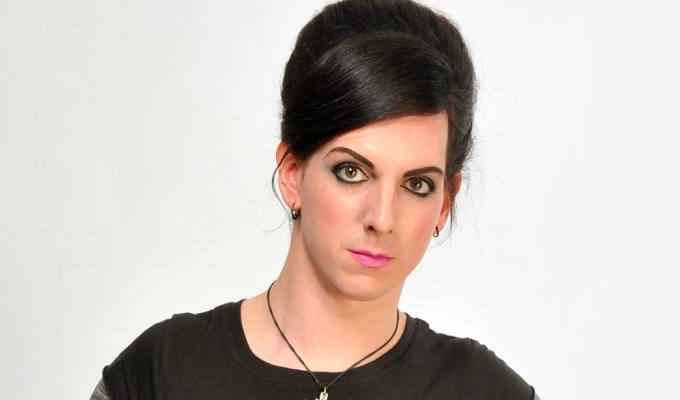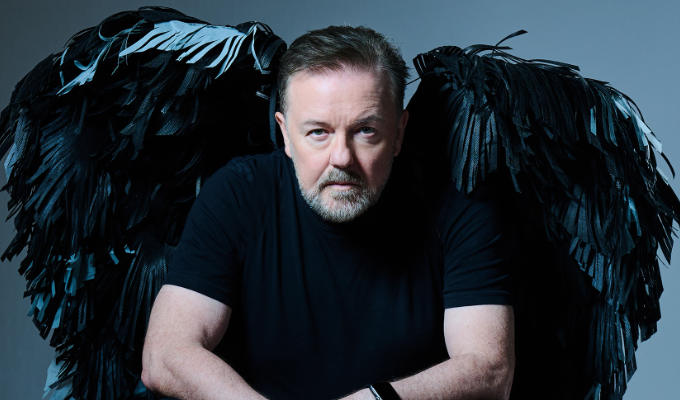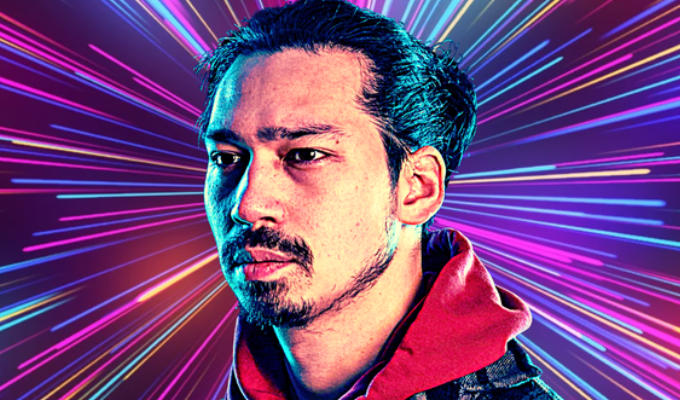Toby Hadoke: Now I Know My BBC
Note: This review is from 2010
Review by Steve Bennett
Toby Hadoke has spent a lifetime telling anyone who’ll listen how much he loves Doctor Who – the last four of them on stage, happily coinciding with the regeneration of the franchise. Now he’s expanding on the theme to share his passion for the entire output of the BBC.
Or, specifically, BBC One children’s and family programming from the Seventies, which resonates particularly strongly with him as a middle-class 38-year-old man. A time when the corporation was a more patrician institution, still true to its Reithian aims to educate, inform and entertain.
Hadoke is the sort of man who loves the idea of something like the Clangers, not for cheap nostalgic value – although he gets the collateral benefit of that – but because of the way it came to the screen. That a stop-motion animation two blokes knocked up in their shed could become a staple of children’s programming, simply because it was made by people with talent and passion rather than the product of marketing, research and over-meddling commissioners.
Although no Daily Mail-style reactionary, Hadoke genuinely pines for a simpler time when prime-time BBC was more distinctive and authoritative, rather than trying to ape its commercial rivals. His trip through Radio Times gone by includes Take Hart, The Generation Game (Larry Grayson years), Grange Hill, and, moving into slightly more adult territory, Howards’ Way and The Singing Detective.
Hadoke’s keen to distance himself from the vacuous I Love 1983 type shows full of shallow received opinion, but uses the shows as examples for his verbal dissertation about why the BBC is a good thing. Not all of the programmes are the obvious jewels in the corporation’s crown, Dennis Potter aside, but it’s the ethos behind them Hadoke’s keen to celebrate. And, for the younger members of the audience, he explains any now-forgotten shows in terms they understand – which inevitably means Hollyoaks.
To borrow the analogies, Now I Know My BBC is like Hollyoaks but with fewer models dabbling in acting and more obsessive middle-aged men getting agitated about punctuation. Like his Doctor Who show, Hadoke uses the programmes as hooks to discuss episodes from his own life – learning lessons about patience, disappointment and deferred gratification from TV that prove very useful for a lovelorn geek in rural England.
The polemical side of the show is driven by passion, that’s often entertaining in itself, but with smart observations to back it up, if sometimes not quite sharpened into jokes. He gets a little carried away as he nears his conclusion, however, getting repetitive in his mantra that you can’t put a price on the sort of culture the BBC at its best can deliver even today – Brian Fox’s marvellous space series being a modern-day example.
But it’s more about the journey than the destination, a journey that’s probably best enjoyed if you are of a similar age and outlook to Hadoke and want your liberal, altruistic outlook reaffirmed.
His clarion call that the BBC is an institution worth protecting is a worthy one, and comes at a time when the embattled, and admittedly flawed, corporation needs all the friends it can get against the attack dog protecting the vested interests of Rupert Murdoch and his ilk. And as polemic goes, this is a pretty damn enjoyable one.
Review date: 7 Aug 2010
Reviewed by: Steve Bennett








